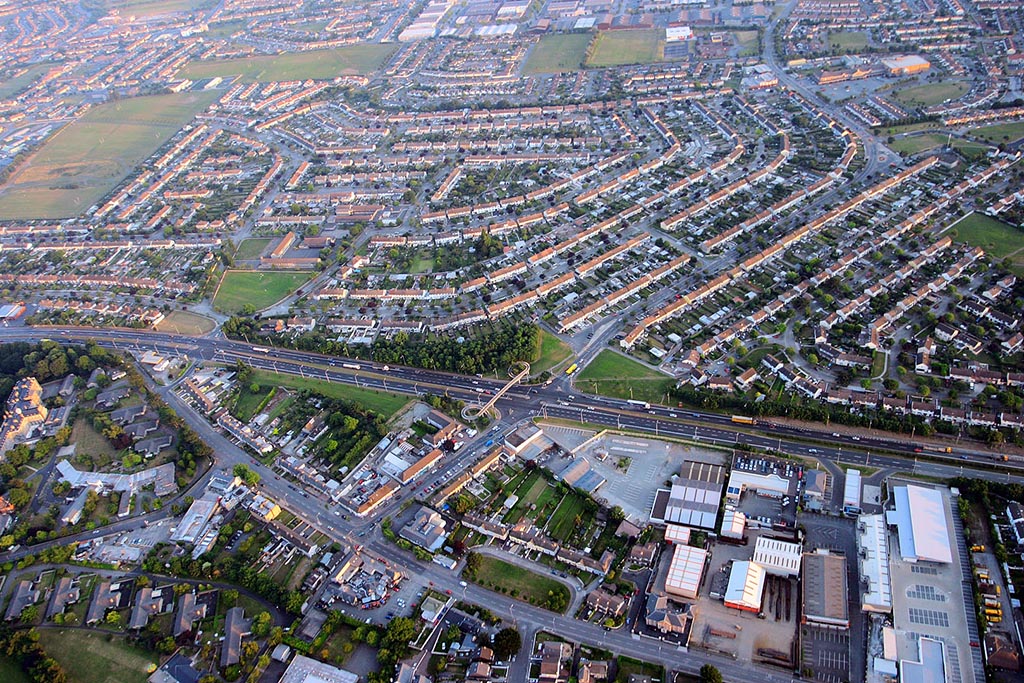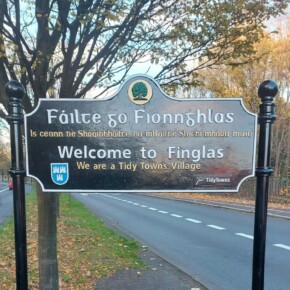The property tax time bomb
Dublin People 15 Sep 2017
TICK, tick, tick, tick… That sound you hear is the Local Property Tax time bomb which is due to detonate at the end of 2019 when new home valuations will be set.
It’s a daunting prospect, not only for squeezed homeowners, but for politicians seeking our votes. They will be hoping and praying that the issue of property valuations doesn’t coincide with a general election campaign. Many former TDs are still nursing wounds from the hammering they took over water charges in 2016. If the Government has learned anything from this bruising experience, it will seek to either reform or abolish property tax within the next two years.
I still find it incredible that property tax didn’t rankle with the electorate to the same extent that water charges did. LPT is a manifestly unjust tax, disproportionately punishing people for having the nerve to live close to the capital city. Is it fair that a Dubliner living in a modest apartment should pay the same as somebody who owns a large, detached home in rural Ireland?
LPT is a blunt instrument, taking little account of how financially encumbered householders may be; whether they are trapped by negative equity or drowning in mortgage debt. Unlike water charges, LPT does not allow for mass non-payment campaigns as collection is under the remit of Revenue.
The official spin is that property tax is an essential source of funding for our local authorities, money that previously would have had to come from the Exchequer (our other taxes). The more we buy into this concept, the more difficult it will be avoid massive LPT increases in the future.
It has been within the gift of our councillors to reduce (or increase) LPT rates by a maximum of 15 per cent. Last week, one Dublin local authority voted to reduce it by only 10 per cent for 2018.This extra money, we are told, will be ring-fenced for vital spending by the council in areas such as housing and homelessness.
Don’t be fooled into thinking that our elected representatives have done us any favours by dressing up any reduction as good news. It’s not 10 per cent less than what you paid last year – it’s a reduction of the base rate. In this particular example, it will mean a five per cent increase on what you paid in 2017.
In failing to vote for the maximum reduction, councillors have effectively accepted LPT as a legitimate source of funding for local authorities and have let the Government off the hook.
With the initial 2013 valuations still in place (for political reasons) for another two years, it will be interesting to see the public response when property prices are back to boom-time levels.











